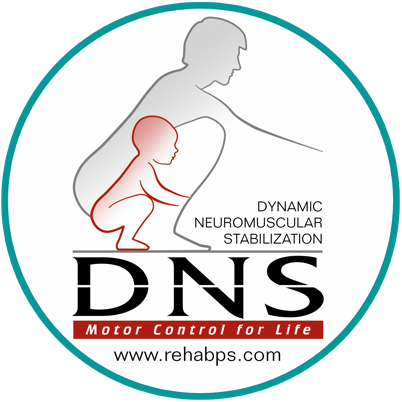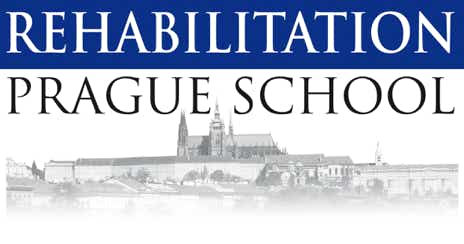Structure of the courses C

Intermediate Course C: 3 - 4 days course
(18 - 24 hours)
Course Objectives
- Introduce advanced assessment methods: the integrated stabilizing system, locomotor stereotypes, and respiratory stereotypes.
- Describe the kinesiology of muscle chains involved in locomotion: stepping forward and supporting function.
- Discuss and workshop assessment and treatment of the pelvic girdle and the hip joint: phylogenetic and ontogenetic aspects, anatomical parameters from a developmental perspective, the most common pathological conditions – femoroacetabular impingement syndrome, arthritis utilizing DNS assessment and treatment procedures.
- Discuss and workshop assessment and treatment of the shoulder girdle: phylogenetic and ontogenetic aspects, anatomical parameters from a developmental perspective utilizing DNS assessment and treatment in shoulder girdle disorders - hemiplegic shoulder, frozen shoulder, impingement syndrome, and SLAP lesion.
- Discuss and workshop the assessment and treatment of scoliosis: definition and classification, ontogenetic aspects leading to scoliotic development, risk factors, spine control in motor development, assessment of infants and adults with scoliosis and body asymmetry, bracing and DNS treatment positions and strategies.
- Discuss and workshop assessment and treatment of pelvic floor issues and women’s health: pelvic floor muscle function from developmental perspective; associated kinesiology between the diaphragm and the pelvic floor; typical postural disturbances, functional trigger point chains, joint dysfunction and hypersensitive zones in gynaecological diagnoses; DNS assessment and rehabilitation for stress incontinence, anorectal dysfunction, amenorrhea and dysmenorrhea, functional sterility, pelvic organ prolapse and pelvic pain syndromes, vertebral-visceral relationships; rehabilitation for pregnant females.
- Cover general DNS self-treatment advanced techniques.
- Provide more complex clinical management explanations for clinicians to better integrate more advanced DNS protocols into regular practice.
- Establish individual goals (DNS understanding & skills) for students to be optimally prepared for the next level of training (Course “D” in Prague).





